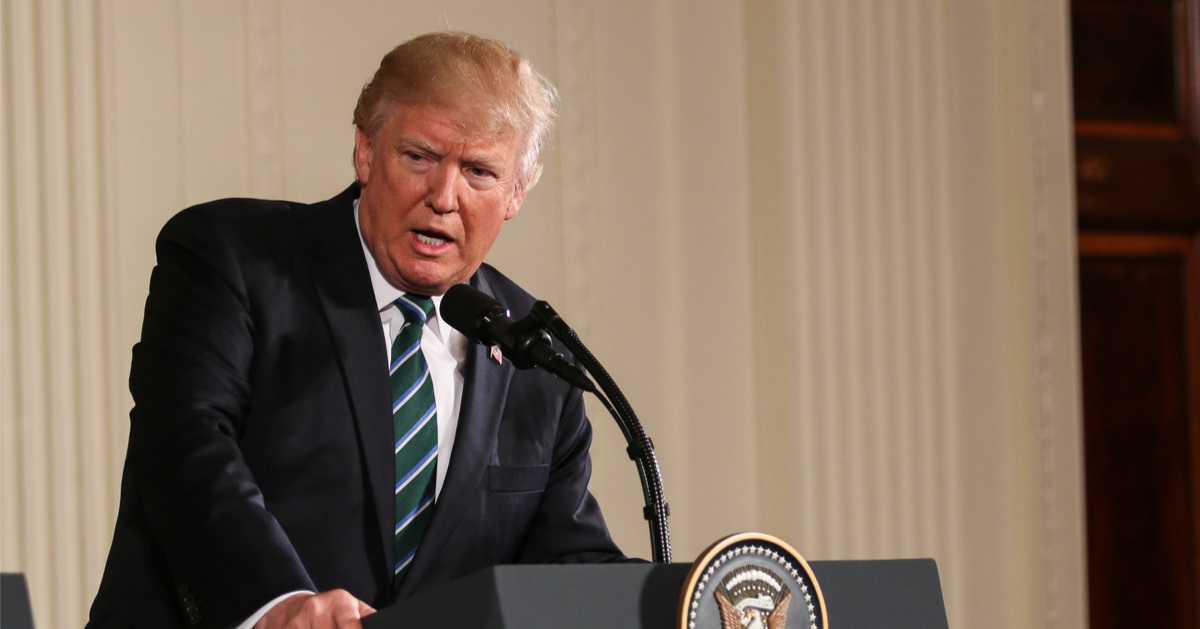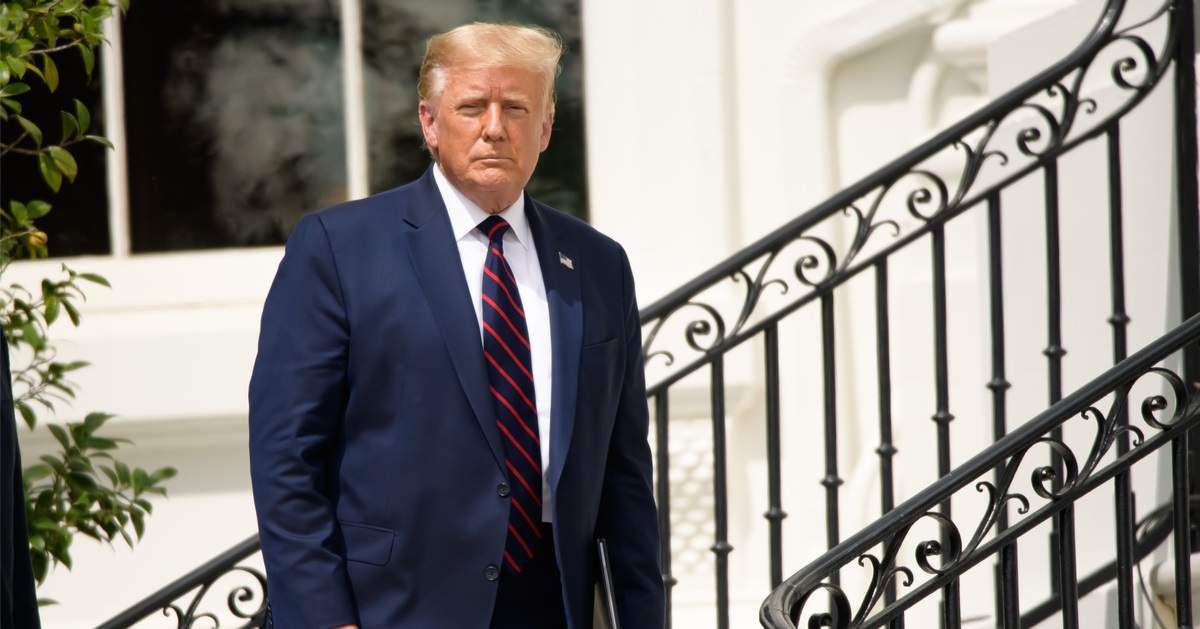Second child dies from measles as RFK Jr. steps up response
A second child has died from the measles virus spreading through a community in West Texas, as Health and Human Services Secretary Robert F. Kennedy Jr. steps up the government's response to the outbreak.
The nation's top public health officials traveled to Gaines County, Texas, on Sunday to comfort the family of eight-year-old Daisy Hildebrand.
RFK responds to second death
Health officials in Texas said the girl had no underlying conditions and was not vaccinated.
So far, three fatalities have been linked to the outbreak. A six-year-old unvaccinated girl in the same Mennonite community died in February. She was the first child to die of measles in the United States in a decade. An unvaccinated adult in New Mexico who died in March had the measles, but the cause of death hasn't been confirmed.
In Texas, there have been nearly 500 cases of measles since late January, with pockets of infection in neighboring states. Most of the cases have been among Mennonite children.
Kennedy shared a lengthy post on X about his visit to Gaines County, where he met with the bereaved families of the two children.
"My intention was to come down here quietly to console the families and to be with the community in their moment of grief," Kennedy wrote on X.
"I am also here to support Texas health officials and to learn how our HHS agencies can better partner with them to control the measles outbreak, which as of today, there are 642 confirmed cases of measles across 22 states, 499 of those in Texas," he added.
Outbreak tests RFK
Measles is a highly contagious virus that can cause brain swelling and death in rare cases. Kennedy, an anti-vaccine advocate, has faced criticism for his response to the outbreak, especially his initially tepid support of the Measles, Mumps, and Rubella (MMR) vaccine.
With two child deaths recorded, Kennedy is being less equivocal about vaccination.
"The most effective way to prevent the spread of measles is the MMR vaccine," Kennedy wrote in the post.
Meanwhile, President Trump downplayed the situation when asked about it by reporters aboard Air Force One.
"It's so far a fairly small number of people, relative to what we're talking about," he said. "It's something that people have known about for many years. This is not something new."
"We'll see what happens. If it progresses, we'll have to take action. Very strong action," Trump added.




